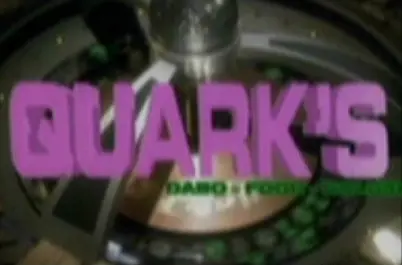

Reminds me of when a client walked in to the help desk I work at the other day with a 2015 Macbook Pro still running El Capitan. I upgraded her to Monterrey - it’s been EOL for a year, but it’s better than sending her away with El Capitan. Monterrey is the best I can do since OCLP would be outside our policy.





I haven’t used Nautilus in ages, so I can’t say for certain, but Thunar is a more traditional-feeling file manager. It feels more like an older version of the Windows file manager but with tabs, while Nautilus seems more Mac-like.